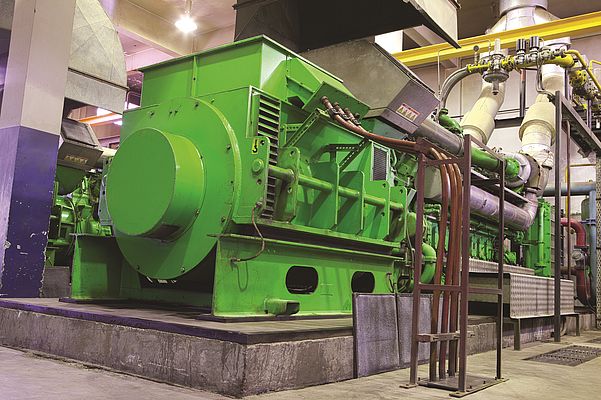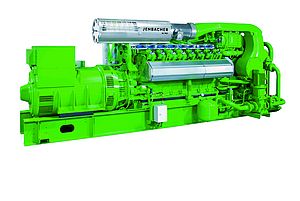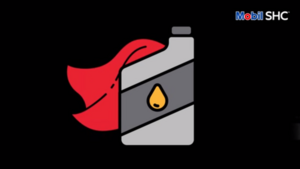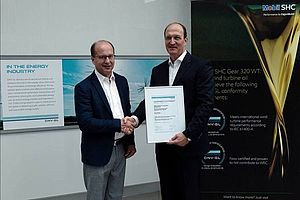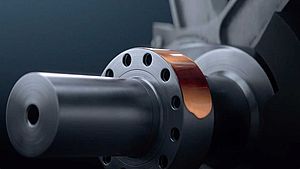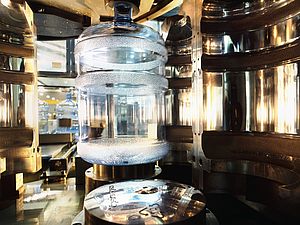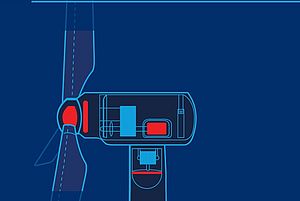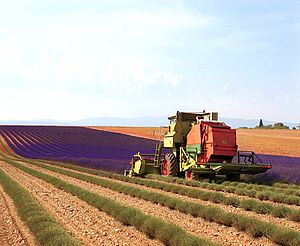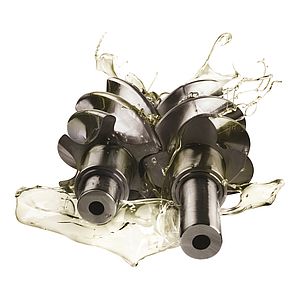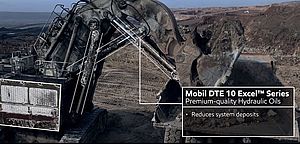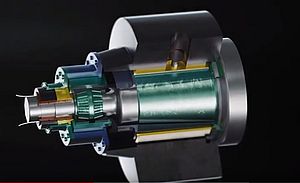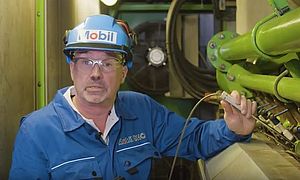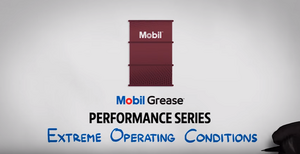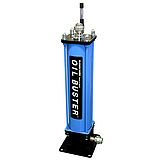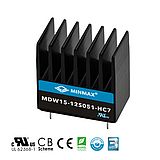ExxonMobil’s Mobil Serv℠ Lubricant Analysis (MSLA) service has examined more than 18,500 oil samples from engines burning landfill or biogas. The insights this has provided form the basis of a series of top tips, which if followed, can help gas engine operators save money by reducing maintenance, enhancing productivity and safely extending oil drain intervals.
Maintenance basics
1. Extend oil and filter life. Replacing consumables, such as oil and filters, typically occurs every 1,000 – 2,000 operational hours, depending on engine type and fuel quality. Using a high performance synthetic lubricant, such as Mobil Pegasus™, can help extend oil and filter life, reducing maintenance downtime and used oil disposal costs.
2. Match maintenance to fuel quality. A common cause of unscheduled maintenance is fuel gas quality – natural gas is cleaner and less challenging than landfill or biogas. It is therefore important to ensure that maintenance periods are more frequent if poor quality gas is being consumed.
3. Collaborate with suppliers. Working in partnership with your maintenance service and lubricant suppliers can help ensure you have the best possible safeguards in place to help ensure the smooth running of your gas engines.
Contact your ExxonMobil representative to learn how Mobil Pegasus™ synthetic gas engine oil can support your operational needs. Also discover how our MSLA used oil analysis service can provide you with invaluable insights that can help reduce maintenance costs and increase productivity.


